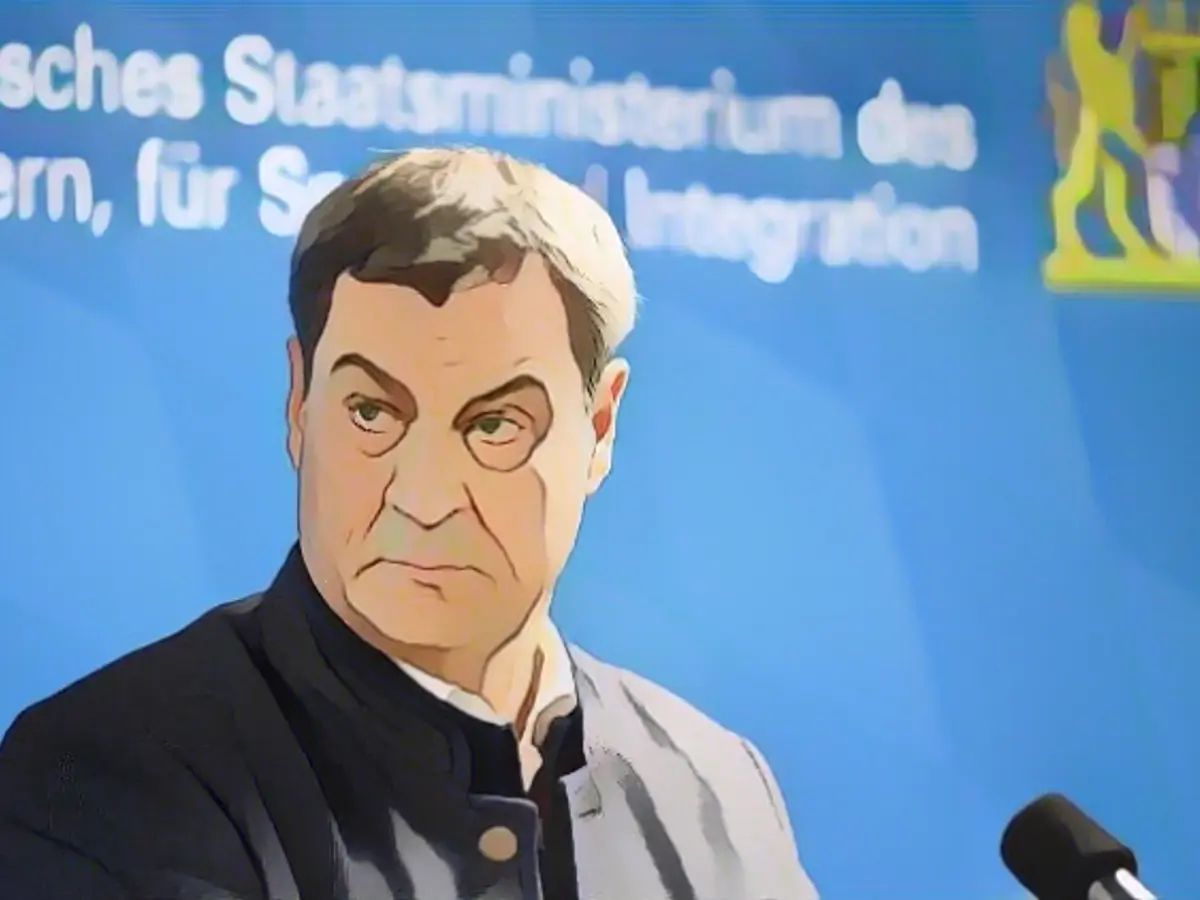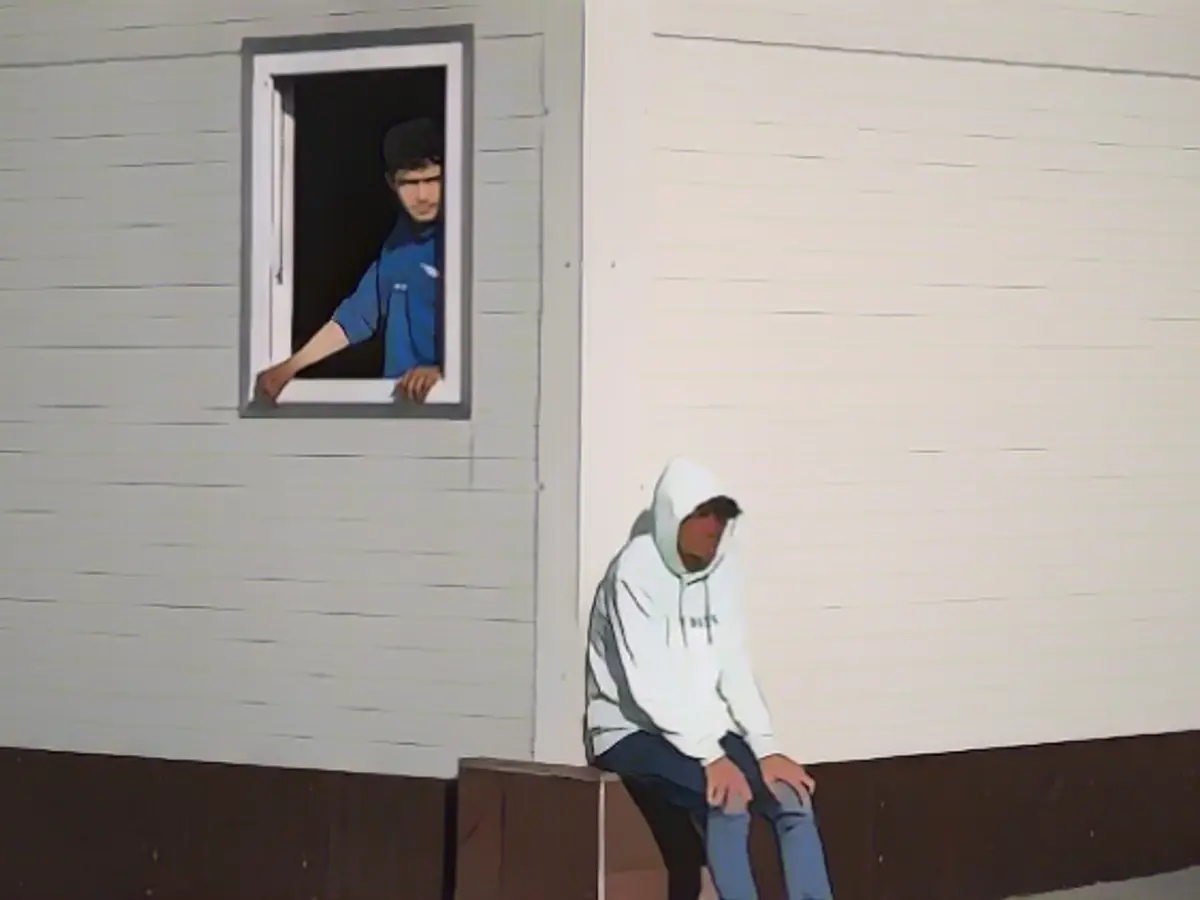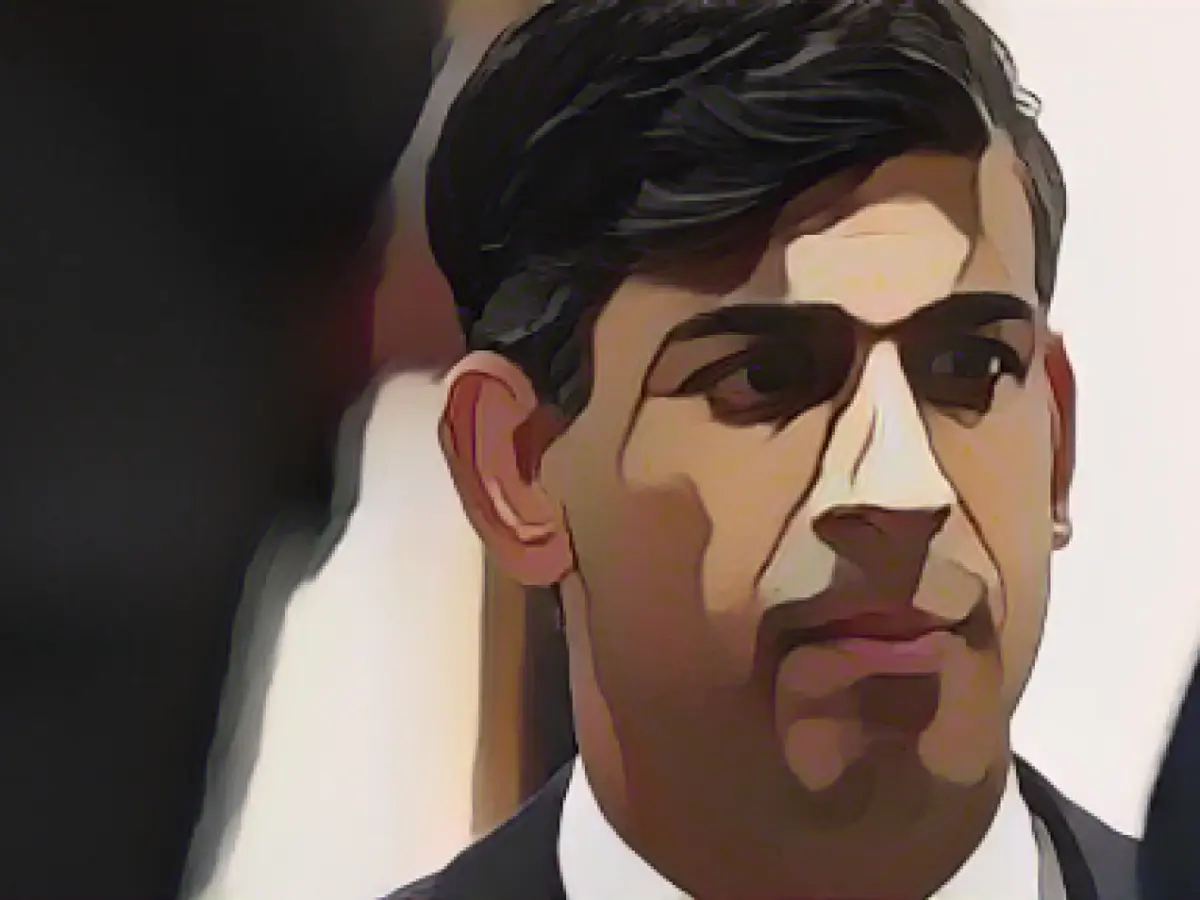Söder Pushes for Citizens' Income Adjustment and Asylum Reform
Markus Söder, the charismatic leader of the Christian Social Union (CSU) and Prime Minister of Bavaria, has launched a fresh initiative in the Bundesrat, calling for a reevaluation of citizens' income and a revision of the basic right to asylum in Germany. In an interview, Söder outlined his proposals, which include radical adjustments to the current welfare system and more restrictive policies for newly arrived refugees.
Reforming the Citizens' Income Program
Söder unveiled a plan to fundamentally readjust the citizens' income program, a financial assistance scheme that supports individuals who are not employed or underemployed. To achieve this, Söder proposed halting the planned increase in standard rates and postponing any alterations for a year. He also emphasized the importance of separating citizens' income from asylum and flight, in an effort to increase work motivation and encourage self-sufficiency.
Later on, Söder told Stern magazine, "The expensive citizens' income sets completely the wrong incentives. It won't work that way." He expressed concern about the overall level being too high and suggested that anyone employed should receive more than those who are not. He further stated that a comprehensive overhaul of the citizens' income program is essential to achieve a better balance between support and demand.
Limiting Social Benefits for Newly Arrived Refugees
In response to the influx of Ukrainian refugees, Söder proposed restricting social benefits for newly arrived individuals to five years compared to the current 18-month period. He argued that this change would encourage self-sufficiency and would require asylum seekers to adapt to their new environment more quickly. Söder also suggested that cash benefits would be replaced by payment cards for clothing and food, thereby reducing incentives to idle.
Under Söder's proposed reform, asylum seekers would need to demonstrate legal residence, payment of taxes, and self-sufficiency before becoming eligible for welfare. This shift in policy aligns with Söder's zero-tolerance approach towards immigration, reflecting a more restrictive environment for asylum seekers and newly arrived refugees.
Implications and Controversy
Söder's proposals have stirred controversy within the political landscape, as they represent a departure from the relatively progressive immigration and welfare policies in Germany. Critics argue that his proposals could exacerbate poverty and inequality, while supporters maintain that his stance aims to restore fairness and self-sufficiency within the welfare system.
Söder's initiatives reflect a broader trend in German politics towards stricter immigration controls and more conditional social support. His proposals align with the views of the Alternative for Germany (AfD), another right-wing party that advocates for stricter immigration policies and deportation policies. However, scrutiny and opposition from within Germany's political establishments may necessitate negotiation and compromise in the implementation of Söder's proposals.
In Conclusion, Söder's proposals to reform citizens' income and asylum policies have attracted significant attention and controversy in Germany's political arena. His hardline stance on immigration and welfare may potentially reshape the landscape of German politics but could also provoke backlash and intense debate.








